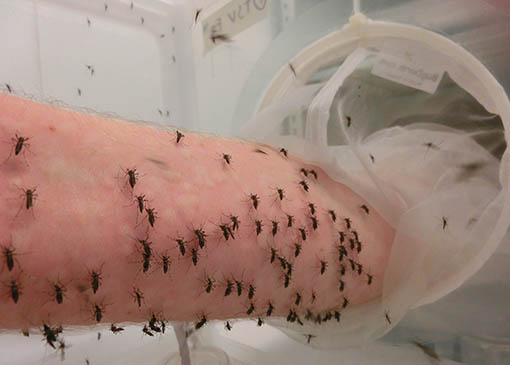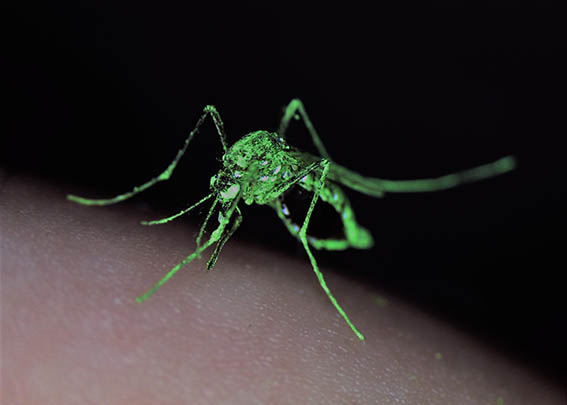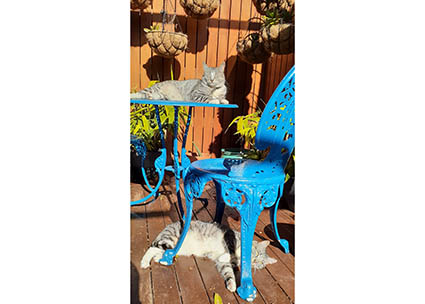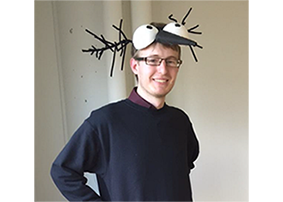Dr Perran Ross: Humans of BioSciences
Meet Dr Perran Ross, a postdoctoral researcher in the Pest and Environmental Adaptation Research Group (PEARG), in the School of BioSciences at the University of Melbourne. Perran works with mosquitoes, crop pests and beneficial insects, and his research uses symbiotic bacteria (called endosymbionts) to control pests and disease vectors in insects. Perran is particularly fascinated by mosquitoes, which he says are “great to work with and actually quite adorable”! In his spare time Perran enjoys “combining art and science” by creating stop motion and claymation videos of insects. His videos of mosquitoes feeding on his blood in the lab have received millions of views online.
Who are you and what are you up to now?
I am a postdoctoral researcher with PEARG, based at Bio21. I did my Master of Science and PhD with PEARG, and even completed my Bachelor of Science at the University of Melbourne. Some say that I will never leave!
Most of my work involves live insects, including mosquitoes which I regularly feed on my own blood to keep them alive in the laboratory (yes, we have ethics approval!). Despite being the deadliest creature on earth, mosquitoes are great to work with and are actually quite adorable (most of the time).

What problem are you trying to solve with your research?
My research involves using symbiotic bacteria (called endosymbionts) to control insect pests and disease vectors. The dengue virus is transmitted by mosquitoes and can infect hundreds of millions of people every year, making many people very sick. But when mosquitoes carry bacteria called Wolbachia, their ability to transmit the virus is greatly diminished. Mosquitoes with Wolbachia are being released around the world, and these interventions are having a big impact on dengue transmission. Since Wolbachia are naturally occurring bacteria, they are influenced by the environment and can evolve. My research seeks to understand if Wolbachia as an approach to dengue control will be effective in the long-term.

I am also trying to develop new insect strains by transferring endosymbiotic bacteria from one insect species to another, through a process called microinjection. Building on our research in mosquitoes, we're using this approach to target agricultural pest insects. Aphids are a huge problem for growers in Australia because they transmit viruses to plants, resulting in crop losses. If we can stop aphids from transmitting viruses by using endosymbionts, there could be substantial economic benefits.
What do you enjoy doing in your spare time?
When I have the time, I enjoy making stop-motion and clay animation videos. Stop-motion is very time-consuming. The process involves taking hundreds of photos of an object and moving it slightly each time in between, but I really enjoy seeing the final product. Recently I have made films related to my research subjects (mosquitoes and flies), which I have found to be a unique way of combining art and science. Making videos and sharing them over social media are an excellent way to engage the general public with your research.
Outside of science I collect (and sometimes play) video games and enjoy spending time with our three cats (when they are not destroying the couch).

Find out More
Perran Ross: Twitter @MosWhisperer, Find an Expert
Pest and Environmental Adaptation Research Group (PEARG)
Doctor of Philosophy - Science
